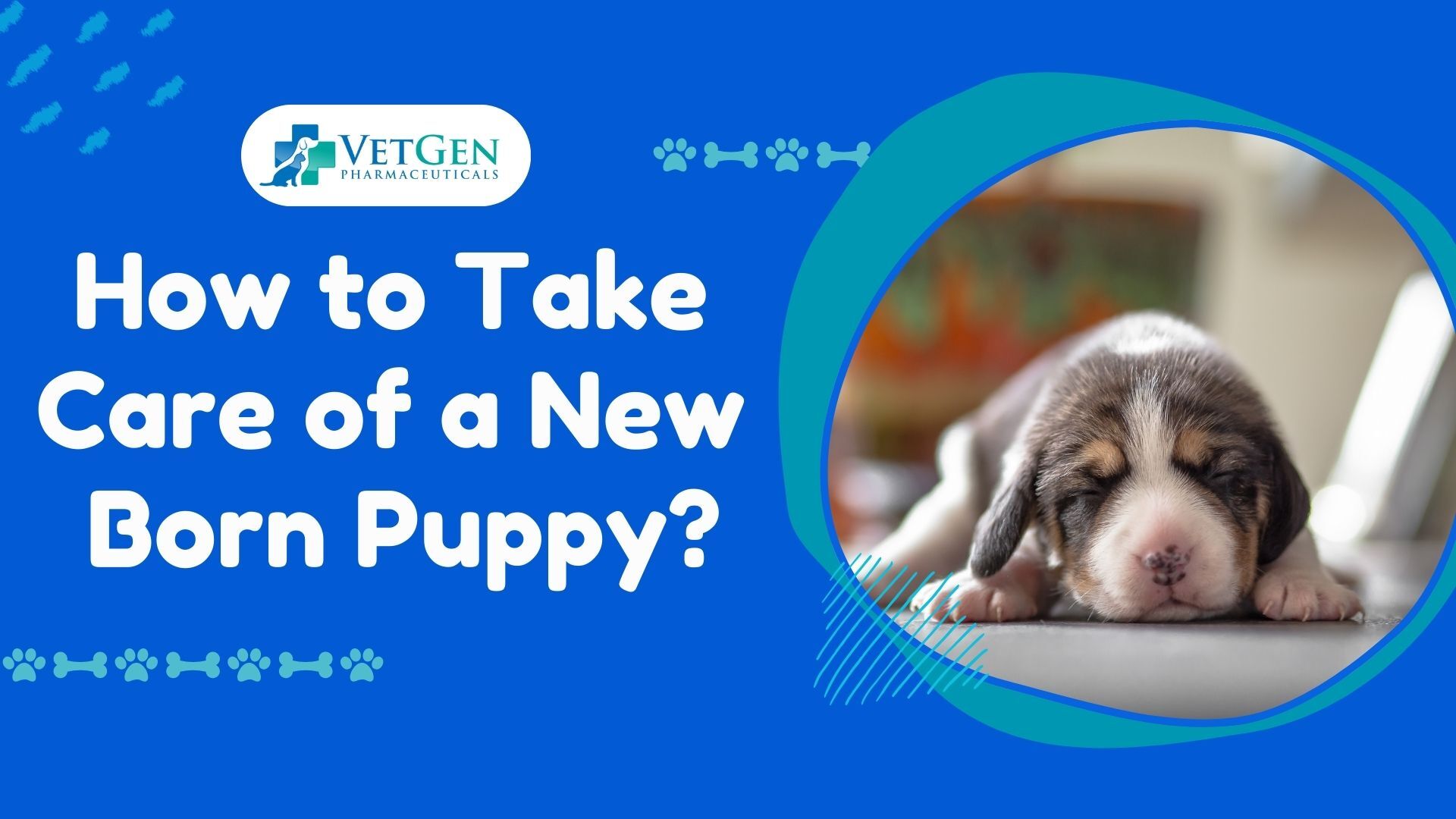Congratulations! You have just welcomed home a cute little ball of fluff—a newborn puppy. The small feet, the high-pitched sounds, and the smell of fresh fur are simply lovable. However, like all newborns, these puppies are as adorable as they are chaotic. It is not an easy job to manage them, but do not worry; here, we are going to provide you with tips, examples, and even some fun.
Step 1: Create a Cozy Space
Like human babies, newborn puppies require warmth, comfort, and protection from the environment. They are not able to control their body temperature, and therefore, it is your responsibility to set the right climate.
Pro Tip: Create a whelping box or a small confined space with soft materials such as blankets. Place a heating pad underneath half of the area, so your puppy can decide whether to stay warm or not.
Real-Life Example: My friend Jessica, who recently got a newborn Beagle, turned an old laundry basket into a small puppy house. She stuffed it with fleece blankets and put it in her bedroom to monitor her pup, Max. The result? Max curled up like a king and slept like a baby.
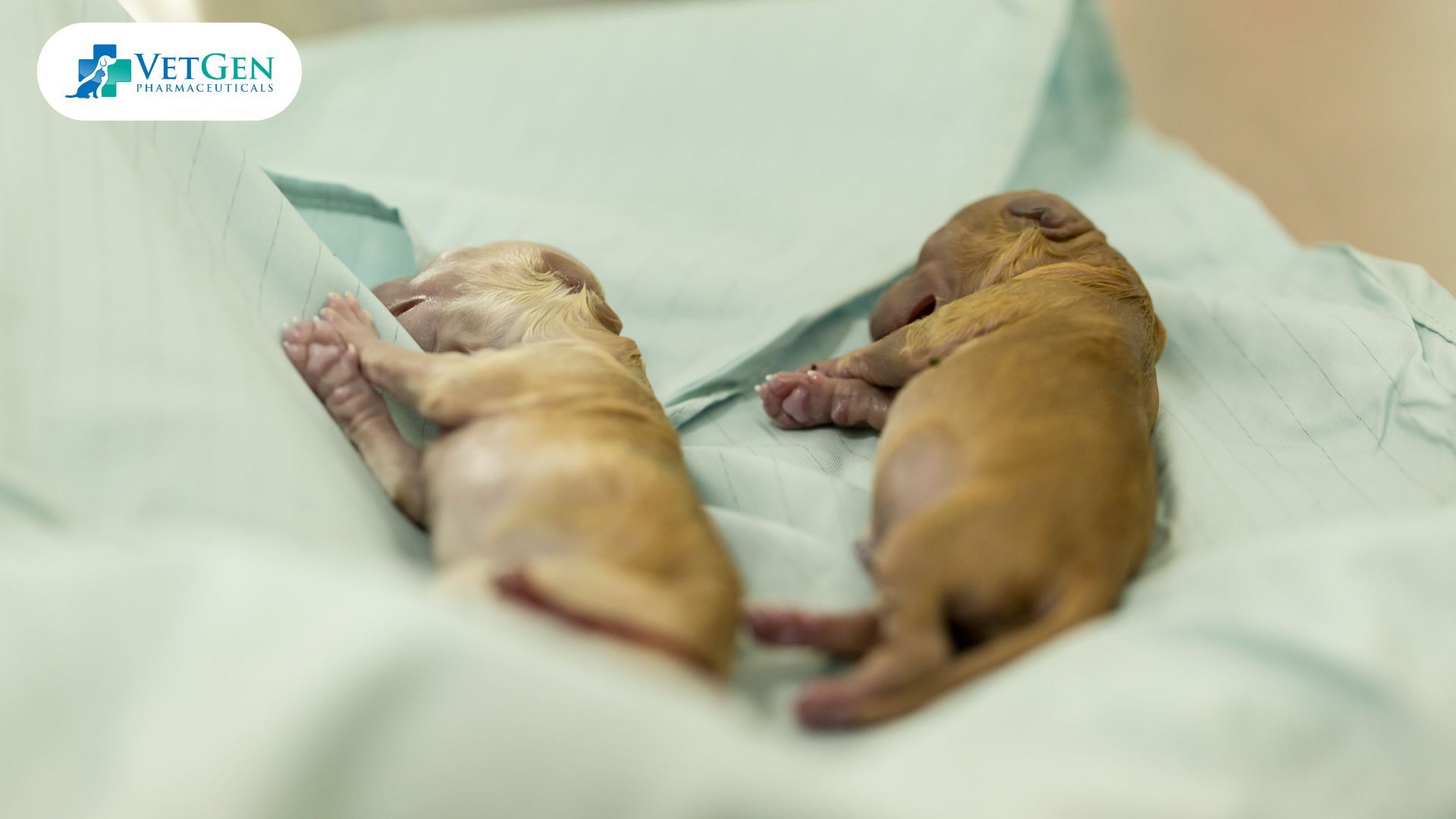
Step 2: Feeding Time – Puppy Style
Puppies are dependent on their mother’s milk for the first four weeks of their life. If the mother is not available, you will have to feed the puppies with a puppy milk replacer, but never cow milk. Bottle feed them using a bottle that is appropriate for use in puppies.
How often should I feed a newborn puppy? Newborns require feeding at least every 2-3 hours and this includes at night. Yes, it is a lot of work, but those chubby little bellies are so adorable.
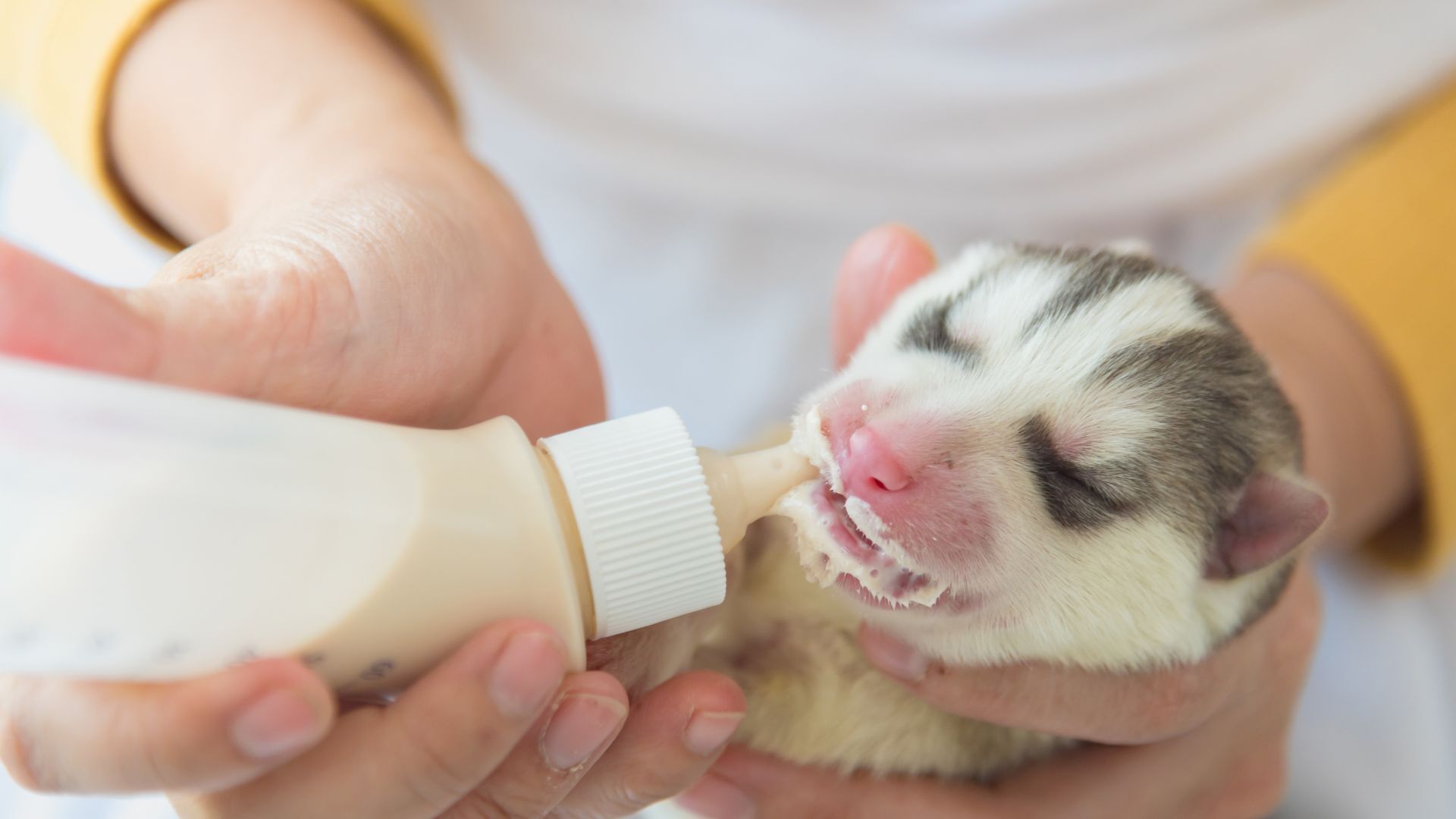
Step 3: Help with Bathroom Duties
Newborn puppies do not have the ability to go to the bathroom on their own—they require your assistance. As for the baby’s hygiene, clean its belly and bottom with a soft, damp cloth after each feeding. This imitates what their mom would do and assists them in peeing and pooping.
Fun Tip: This is the first stage of what one might call puppy potty training in the extreme! It may sound strange, but it is one of the most intimate moments.
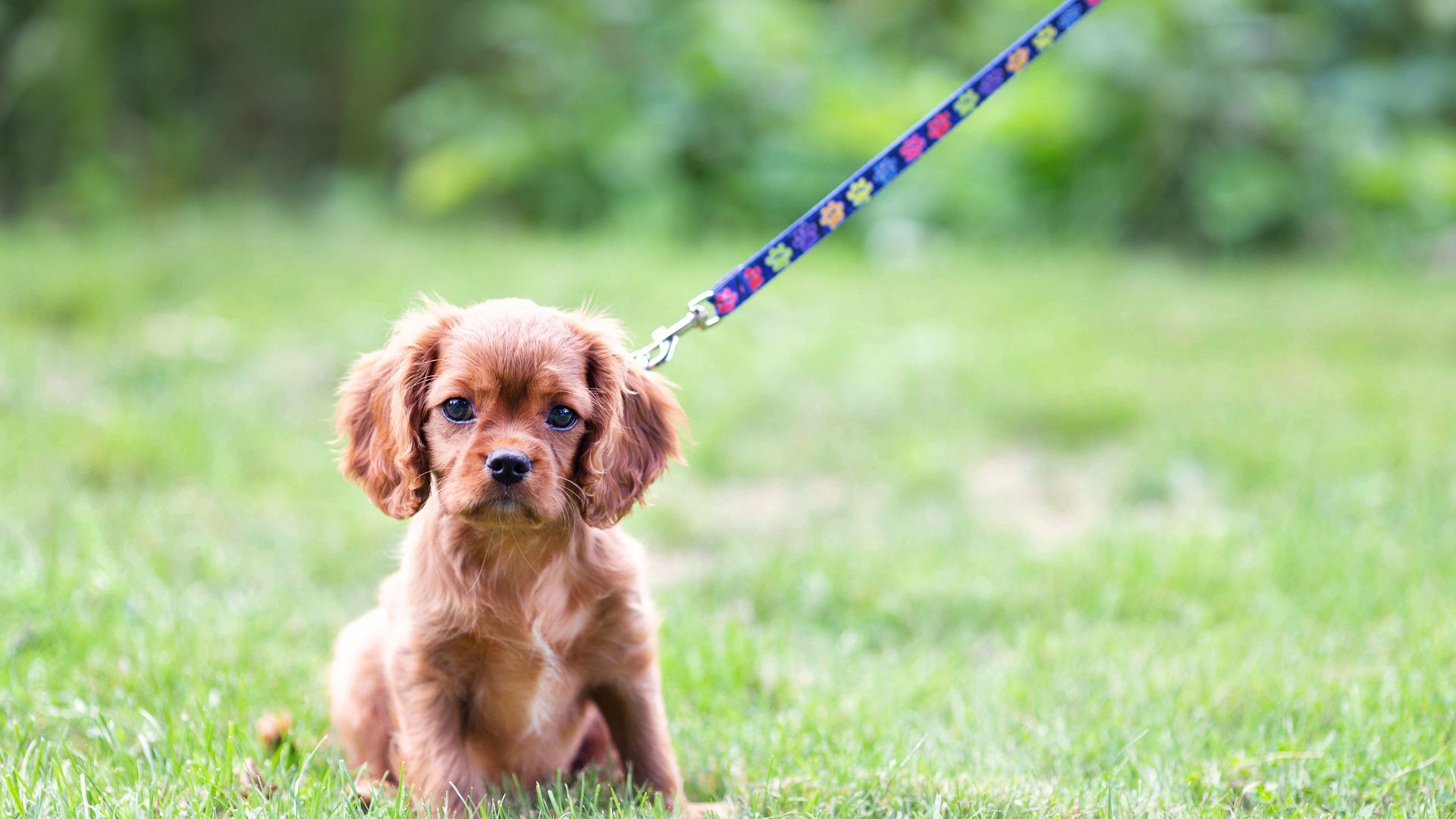
Step 4: Puppy Social Hour
Babies are mostly sleeping, but after two weeks, they will start moving around. Let them grow into confident dogs by exposing them to different textures, sounds, and smells (in moderation).
What You Can Do:
- Rub them with various materials.
- Play soft music or natural sounds.
- Explain to them what sounds are familiar to them, such as the sound of a vacuum cleaner or a doorbell.
Real-Life Example: When Bella was three weeks old, Susan allowed her to smell various objects, such as a spoon, a pine cone, and even a baby sock. “It was funny to see her little nose wrinkle and it fostered her curiosity!” Susan says.
You, too, can submit your dog’s story and share their adorable moments with all.
Step 5: Vet Visits and Health Checks
Puppies are delicate and, therefore, require a visit to the vet. They will advise you on vaccinations, deworming, and any other health issues. It is always important to observe your puppy for any signs of illness, such as lack of energy, diarrhea, or loss of appetite.
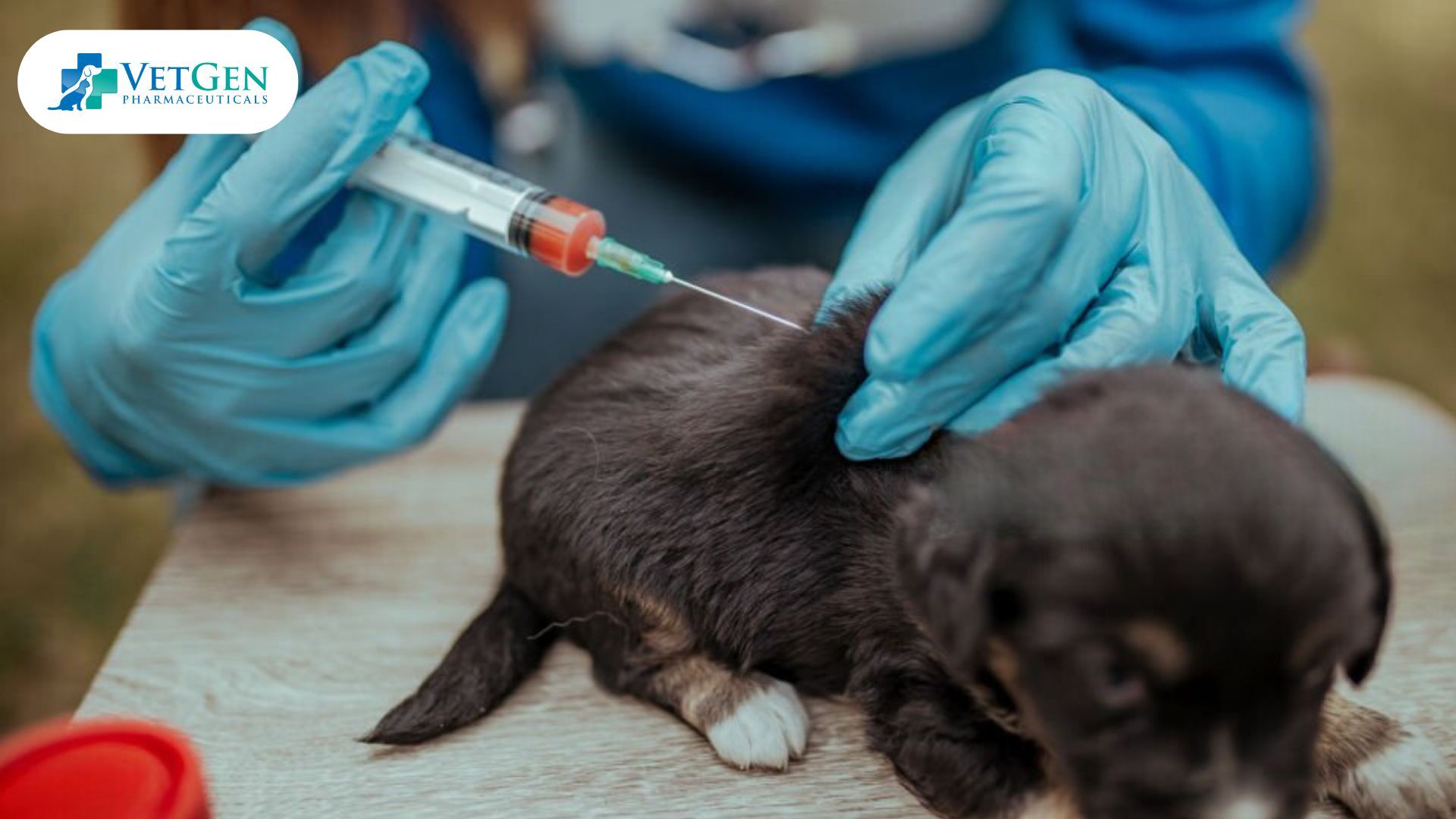
Step 6: Play, Love, Repeat
When your puppy grows to a certain age, they will demand more attention. Hug them, talk to them softly, and bring in soft toys into the room. Please remember that this is your puppy’s base for safety and affection.
Fun Idea: Make a toy with an old sock that has been tied into a knot. It is soft, can be chewed on and is harmless to the puppies that are teething.
Real-Life Example: When Mark’s puppy, Leo, was one month old, Mark brought in a plushie in the form of a carrot. “Leo took it with him wherever he went and would not rest if the carrot was not close to him,” Mark shared with us.
Final Thoughts: Enjoy the Ride
Caring for a newborn puppy is as tiring as it is exciting. Yes, you will be tired at night and spend much time on cleaning, but you will also have a loving companion and the opportunity to see the puppy develop. It is like going on a journey where there are only hugs and wagging tails.
As Jessica put it: “Max required as much attention as a full-time job and a circus, but I wouldn’t change a thing.” And trust us, neither will you.
Therefore, get that puppy bottle, a soft fluffy blanket, and your camera because those days with your newborn pup will be over before you can say ‘Good boy.’
Frequently Asked Questions
How many hours should my puppy be sleeping?
A lot! Newborns can sleep up to 22 hours a day. It is how they progress and develop muscle mass.
What if my puppy won’t feed?
If the milk is too hot or cold, then change the bottle and try with another one. If they still do not agree, call your vet – it may be a sign of some health problem.
How long does it take for a dog to poop after fasting?
Begin basic obedience commands such as “sit” or “stay” when they are around 8 weeks of age. For now, just make sure you are trustworthy and keep them in good health.

